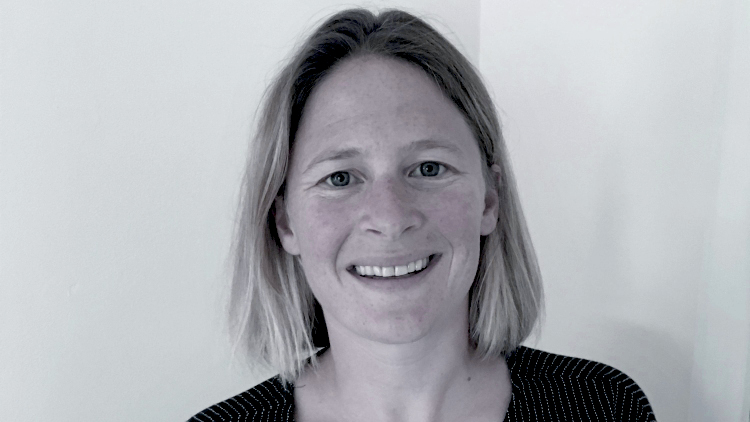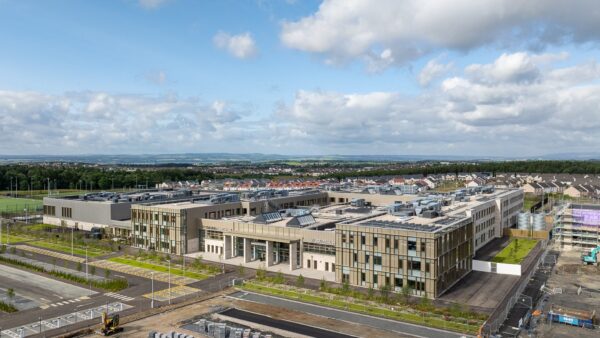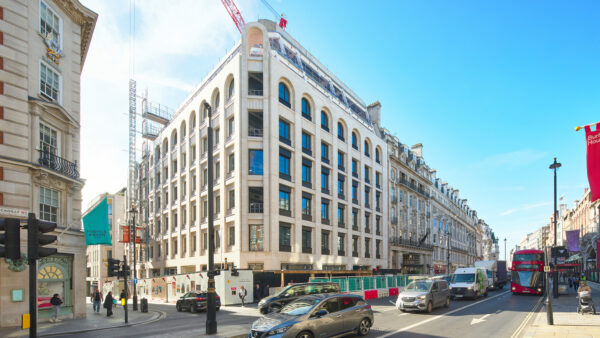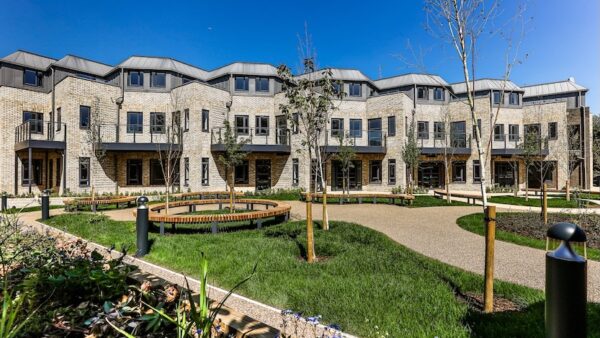
Helena Rivers, director, estate decarbonisation, at consultant Aecom, discusses how she is preparing for a net zero future in her personal and professional life.
How do you rate the construction industry’s progress on environmental issues so far?
The construction industry clearly has a huge part to play in achieving the world’s environmental targets.
As with all large and mature industries, change is iterative. After decades of discussion, we have seen real change in recent years with a major increase in offsite production, greater uptake in the use of electric vehicles and a decrease in waste.
So far, the change in our industry has been evolutionary rather than revolutionary. This is due in no small part to the incredibly complex ecosystem that makes up our sector.
We are creating buildings that will be used far into the future, yet the way we all live, and work, is changing so fast. New materials are emerging to reduce our environmental impact, but we need to cut the time lag from inception to certification.
What are the most effective measures your company has taken to reduce emissions?
Last year Aecom accelerated its own carbon emissions goals, which includes the commitment to reach science-based net zero carbon emissions by 2030. One of our biggest contributions to achieving net zero will be supporting our clients with their own goals and ScopeX is our process for reducing carbon through design that considers embodied and operational carbon across the entire project life cycle.
The ScopeX approach considers materials, site locations, logistics and construction methods to reduce and eliminate the impact of projects on the natural environment. There are a number of pillars included in the process, which include linking cost and carbon in early design optioneering, maximising the reuse of materials and reducing waste by design.
My work is focused on helping clients better manage their built assets and decarbonisation is a big part of this. It’s important that I work for a company that shares the same environmental ambitions as me.
What drives you to deliver better environmental performance/lower emissions?
I have two small children and the only way I can look them in the eye is to know I am doing my part and using my skills as best I can to help reduce the impact of our climate crisis and help ensure they, and their children, have the best chance of a safe, happy and prosperous future.
What have you done in your personal life to cut emissions?
I am in the fortunate position of owning my own home. It was a bit of a project when I bought it and so I’ve had the opportunity to install cavity wall insulation, loft insulation and have fitted new high thermal performance windows. I have installed Solar PV and Solar thermal hot water panels and smart heating controls. I’ve recently moved to a plug-in hybrid car.
I have also adapted my diet to only eat red meat once a week and always try to buy local. I know there is much more I could do still!
What eco innovation have you seen that really excites you?
I am really excited by the appearance of repair workshops. Bringing the principles of circular economy into our cities, towns and villages is really important, teaching the skills and the benefits of repair rather than encouraging our throw-away society.










